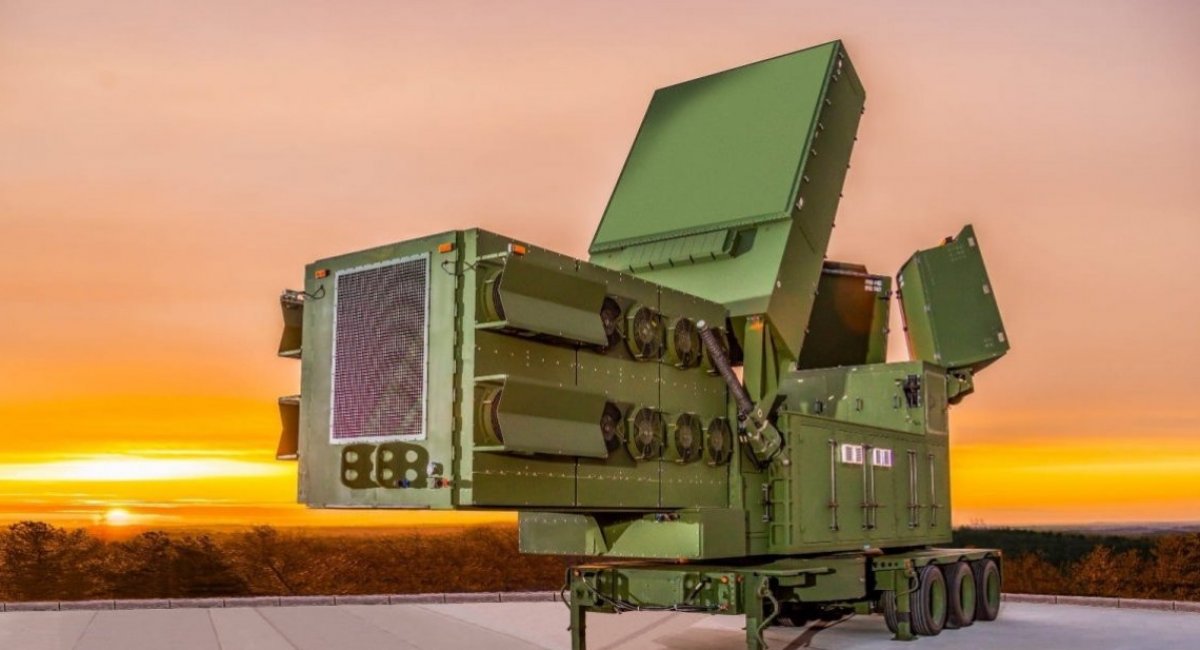Canada’s electrified future depends on linking provinces through HVDC transmission. Carney’s budget may be the catalyst to start building it.

cleantechnica.com
Read that electrification article after watching the UK video on preparedness and consider the absolute fragility and vulnerability of an energy system based on one single 5000 km strand of wire.
This, ultimately, is my underlying concern with electrification.
Centralization.
It cedes too much control, too much authority, to people that are not me.
It may be a democratic majority. It may be a wise minority, an oligarchy, a court, a tribunal or a prime minister or president.
I don't have to ascribe evil intentions. I don't even have to believe that the centralizing decision wasn't right for the time. But situations change and what seemed sound yesterday may not be sound tomorrow.
...
Distributed Control. It is a commonly used phrase in the world of automation. It simply means that the local operator controls the local system.
Air Gap. The local system is not physically connected to other systems.
Together the two concepts describe the conditions that permitted the agricultural, industrial and green revolutions.
People acting individually tried individually, or some times co-operatively, and succeeded or failed. Their successes and failures informed their future actions and those of people that observed them. The net tendency was to gravitate towards those things that worked.
Importantly one failure did not shut the whole system down.
In autocracies one failure has shut many systems down. Phillip II's France, John's Plantagenets, Charles I, Louis the XV, XVI, XVII and XVIII, Lenin, Stalin, Mussolini, Hitler, Mao and Pol Pot. Every one of them thought they were doing the right thing for the right reasons. And everyone of them caused great harm and ultimately performed less well than the distributed control model where people were allowed to try and fail as well as succeed.
Nodes. Another term popular in industrial logic. Each of those people trying and sometimes failing and sometimes succeeding was and is a node. And those nodes communicate. Together they form a multi-dimensional grid with multiple pathways so that when one node fails communication continues as it follows other paths that bypass the point of failure. The grid stays live. And the point of failure can be fixed or ignored.
....
That Golden Spike notion is the silliest of all the options. It ties everybody to one single source of energy, the government, through one single node with one single hand on the switch.
The solution is vulnerable. It is fragile. It is weak.
The solution could be improved at more expense if the government created an actual grid which would mean multiple parallel pathways, each carrying less load, an inefficient use of concrete and pylons, together with more concrete and pylons connecting the parallel lines. Buth that drives up costs and still leaves the end user reliant on the integrity of their local concrete, pylons and wires, And to the whims of the people managing the supply. They might manage the utlity for the greatest good for the greatest number but that is no comfort if your family is the poor basteard left freezing in the dark because there isn't enough power to go around.
You are then left to find alternate solutions and fend for yourself. Wood, coal, oil, gas - all will be burnt where they are locally available. And if those people burning those fuels are told that they need to stop because the grid is there to serve all and they will just have to wait their chance at utopia and put up with the occasional frozen corpse in their bed they are likely to react adversely.
....
Fireplaces, hearths, confer freedom. They benefit individuals. They also benefit small groups communally. And it is hard to make everybody put out their fires, Not impossible, it happened in Britain in my lifetime.
Cattle and horses also conferred freedom. They gave individuals the ability to travel great distances and move great loads.
The internal combustion engine enhanced those abilities manifold. Longer distances, greater loads, more power to the individual, more freedom.
And a lot less vulnerability.
And vulnerability is reduced even further through co-operation. People associating and working together. Not because they have been commanded to co-operate but because they have decided it is in their self-interest to voluntarily co-operate. And not everybody has to co-operate for there to be a benefit. People can not join, or drop out, and the co-operative can continue. Successful co-operatives that continue to deliver benefits will continue to attract participants.
...
It is that lack of vulnerability, lack of fragility, together with the associated freedom that made the internal combustion engine and the car, like the horse and cow before it, so popular.
Any society that gives up that multi-nodal structure to put its trust in a single point of failure will fail.
...
This observation is known to the automation industry, the communications industry, the logistics, transportation and distribution industry and even the energy industry - hence their constant reference to a grid and not a line.
The only people it is not apparent to is those that aspire to contol - people like politicians.
....
A better solution is to distribute cleaner, more efficient hearths, one for each node. One that meets the needs of the node and generates enough surplus that the node feels secure enough to voluntarily give up some of that surplus co-operatvely for communal benefit,
5 kW Combined Heat And Power plants are the stationary analogue to the car. They efficiently convert any locally available fuel into heat and power and they can export surplus to the grid to support the community at large.
It is a democratic, bottom up solution that confers strength.
And grants freedom from events.











